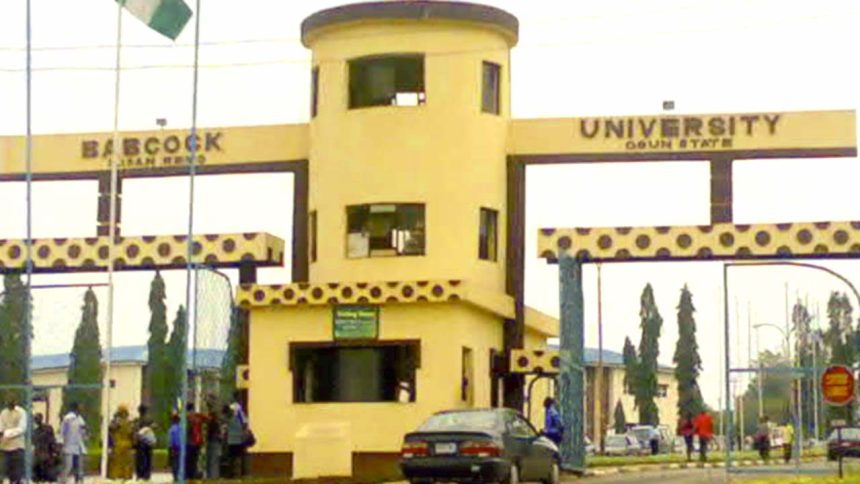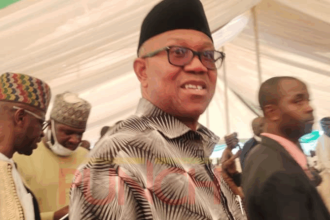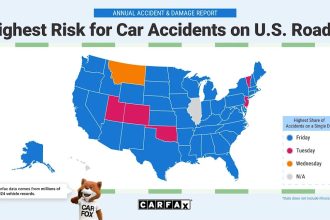An Economics lecturer and researcher at Babcock University, Ilisan Remo, Dr Adetutu Habib, has donated a learning hub to the Awa-Ijebu community in Ijebu North Local Government Area of Ogun State.
The donation is to support students struggling with Mathematics and vocabulary development.
In a statement, Dr Habib, a staff member at the university’s Directorate of Research, Innovation and International Cooperation, said the gesture was to commemorate her recent doctoral degree graduation from the institution and fulfil her long-held dream of offering a helping hand to students with weak mathematics skills in underserved communities.
The lecturer explained that the hub would provide a safe and supportive environment where children can study at their own pace, build strong numeracy and literacy skills, and develop godly values.
Tracing the history of the Palm Tutors Learning Hub, Dr Habib said she got the inspiration in 2021 to start the First-2-Nine Teenagers’ Club in Awa-Ijebu.
She explained that the goal was to nurture a generation of teenagers not only academically sound but also strong.
“In 2023, after testing the waters, I got about 50 books to share among the members of the club.
“The interest in reading was impressive, but we faced a new challenge as about three out of 10 children didn’t return the books, and some returned them in poor condition,” she said.
After realising that the model wasn’t sustainable, Math R-aid was launched the same year to connect children struggling with math to volunteer tutors, with the cost of internet data covered by Palm Tutors and supported by an Alfred Pop sponsorship.
“While the idea was noble, we faced major challenges with poor internet connection and unreliable electricity, making it difficult to sustain,” she said.
The researcher revealed that through math competitions, school visits, and mentoring sessions, she discovered many children had a weak foundation in numeracy, often tied to poor vocabulary development.
Dr Habib said, “It became clear that simply giving them access to video lessons wasn’t enough. Without efforts to strengthen their literacy skills and nurture the will to learn, the impact would be limited.
“That realisation shaped my thinking and led me to take a more holistic approach to supporting learners.”
She further stated that while teaching Economics 101 at the university, she observed that 60 per cent of undergraduate students struggled with basic math calculations.
This, she said, inspired her to begin creating short math video lessons to help them review foundational concepts.
“Around the same time, my daughter started Grade One. I noticed that foreign educators created most of the available math videos.
“I wanted something more relatable—lessons that made math concrete using accents and examples that the average Nigerian child could connect with.
“What began as a simple passion to support my students and engage my daughter found wide acceptance during the COVID-19 pandemic.
“That year, I launched the Times Table Mastery Course, which has since helped over 2,000 learners confidently master the multiplication tables.
“Since then, I’ve created over 400 math video lessons, covering topics across the primary and secondary school syllabus, all designed to make learning math more accessible and relatable for Nigerian students.”
Dr Habib appealed to public-spirited individuals and corporate bodies to support the hub by donating more mathematics learning kits, computers, learning gadgets, books, reading resources, and solar-powered electricity to ensure consistent study time.









